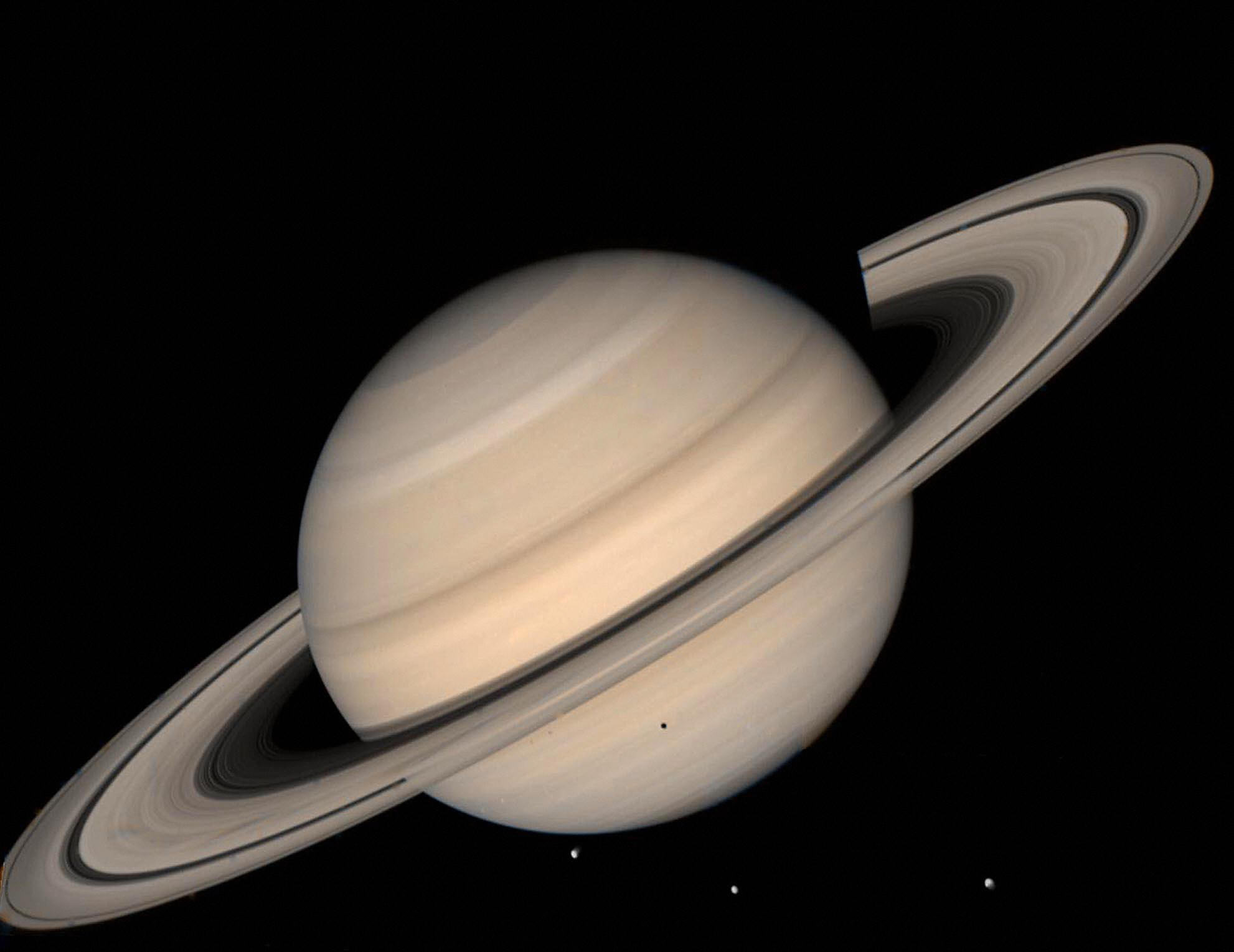Tonight is your best chance to see Saturn's rings in the night sky

A free daily email with the biggest news stories of the day – and the best features from TheWeek.com
You are now subscribed
Your newsletter sign-up was successful
Tuesday night will be the best time to see Saturn in the night sky, even without a telescope.
The planet will be in opposition for the evening, which is the point in its orbit where it's closest to the Earth. If the skies are clear, you may be able to get a good glimpse of it just by looking up to the southern sky, AccuWeather reports — but for a detailed view of the planet, its rings, and maybe even a few of its brighter moons, a telescope will be necessary.
Saturn will be in the sky from sunset to sunrise, rising in the southeast and setting in the southwest. As one of the brightest things in the sky, it shouldn't be very hard to spot, even if you aren't very practiced with a telescope. To get the best view, you should find some high ground and aim your telescope to the south. Clear skies will make for the best viewing, which unfortunately means that rain or clouds might impede your view.
The Week
Escape your echo chamber. Get the facts behind the news, plus analysis from multiple perspectives.

Sign up for The Week's Free Newsletters
From our morning news briefing to a weekly Good News Newsletter, get the best of The Week delivered directly to your inbox.
From our morning news briefing to a weekly Good News Newsletter, get the best of The Week delivered directly to your inbox.
But if you don't have a great view this time around, Saturn will still be fairly bright and close to the Earth for the rest of July. So even if you can't see it with the naked eye, with a telescope you should still have no trouble taking a good look at the ringed planet.
Read more at AccuWeather.
A free daily email with the biggest news stories of the day – and the best features from TheWeek.com
Shivani is the editorial assistant at TheWeek.com and has previously written for StreetEasy and Mic.com. A graduate of the physics and journalism departments at NYU, Shivani currently lives in Brooklyn and spends free time cooking, watching TV, and taking too many selfies.